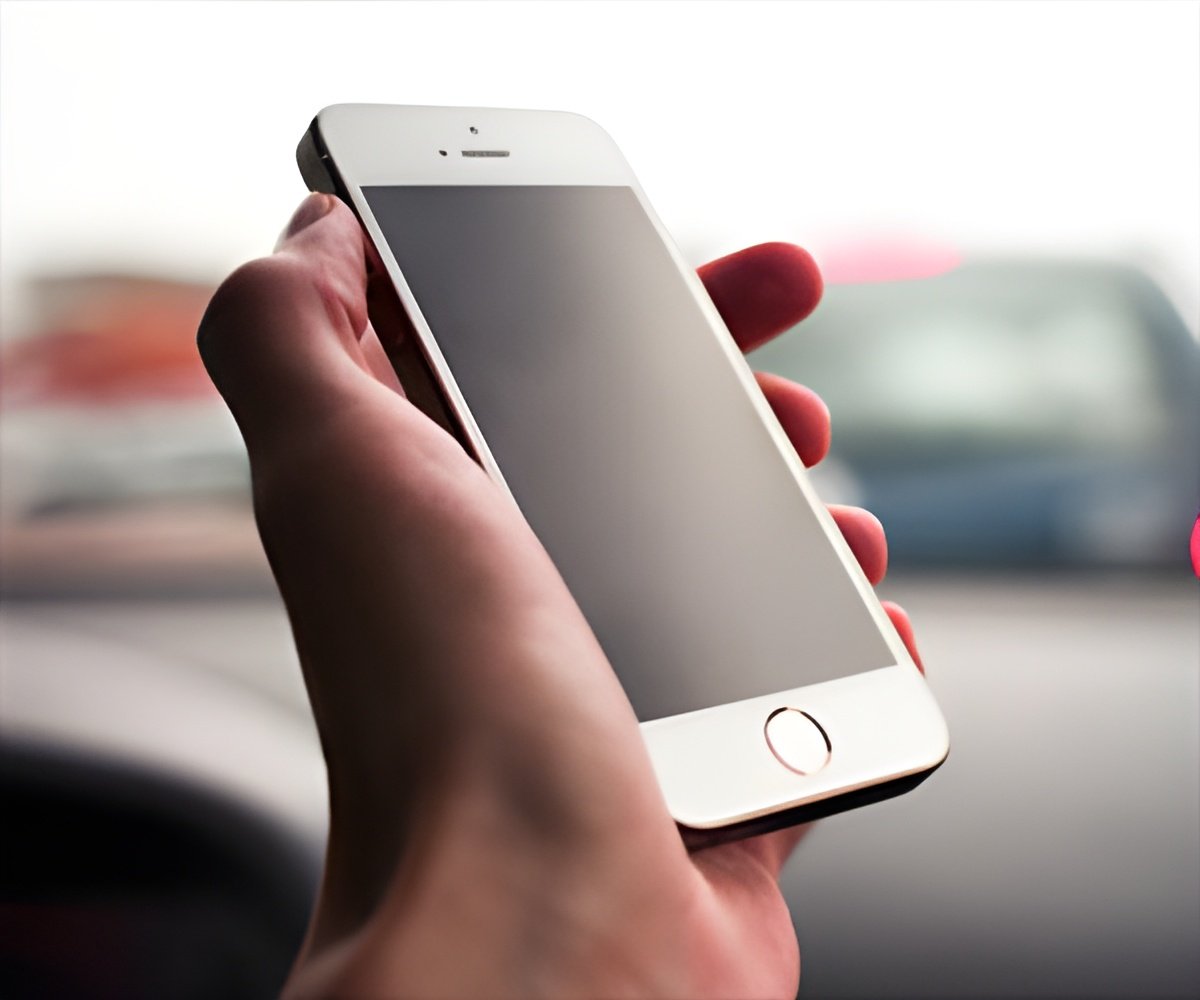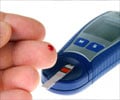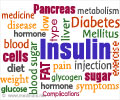Though apps are used by many in the medical fraternity, researchers warn clinicians to exercise caution while recommending such apps to patients.

Globally and in India, people are increasingly turning to smartphone apps for diabetes management. Diabetes management is complex and requires keeping track of calories, medication dosages, blood glucose levels and BMI (body mass index). Availability of apps like the ones that calculate carbohydrate intake is popular among people with diabetes.
Dinesh*(33) who has Type 1 diabetes since the age of 19 says that he tried using a range of apps to calculate insulin dosage according to his calorie intake. He uses an app called “Track3” which includes an insulin calculator. He also finds the app’s carbohydrate counter useful. However, he admits that he did experience “lows” due to incorrect calculation. He is not sure his clinician will recommend the use of apps.
Dr. Arpandev Bhattacharyya, endocrinologist and diabetologist at Manipal Hospital, Bangalore, does not currently recommend any app to his patients as he believes it is best to titrate the dosage manually. When doctors prescribe a particular insulin dosage, they take into account a number of related factors like age, height, weight, type of diabetes and other co-morbidities. Dr. Bhattacharyya feels that it is important to take all these factors into consideration while calculating an insulin dose. Simplistic calculations create more problems for the patient. The methodology of calculation is significant for insulin dosages.
Correlating to the above considerations, a recent study published in the BMC Medicine journal indicated that smartphone app insulin calculators may not be accurate and lead to incorrect dosage administration. Researchers Huckvale, Adomaviciute and Prieto et al. examined and analyzed the efficacy, accuracy and clinical safety of apps that calculate medication doses. They focused on insulin dose calculators used by people with diabetes.
The researchers conducted a systematic assessment of insulin dose calculators for iOS and Android for rapid/short acting insulin. They identified 46 simple mathematical dose calculators which calculated the insulin dose based on planned carbohydrate intake and measured blood glucose levels.
The researchers concluded that insulin dose calculator apps carry potential risks either for overdose or suboptimal dose. This can cause serious issues for blood glucose control and management. Researchers suggest that clinicians exercise caution when recommending dose calculation apps which have not been properly evaluated. They also suggested that app safety should be addressed as a part of diabetes self-management education.














